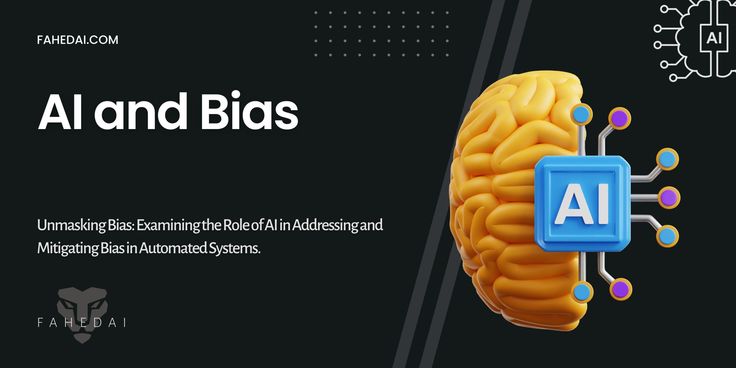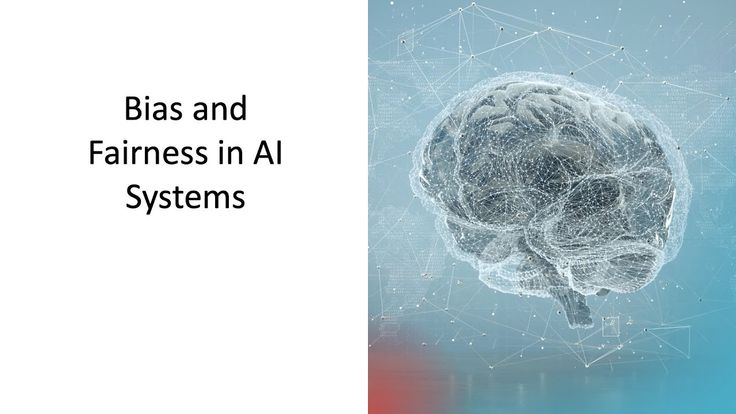Table of Contents
In early 2025, a Chinese tech company named DeepSeek shook the global AI landscape by releasing a cutting-edge language model, DeepSeek-V3, which quickly outperformed traditional AI giants based in the U.S. The model’s impressive performance in coding, quantitative reasoning, and other tasks caused a stir, particularly among U.S. policymakers. Some voiced concerns that China might be on the verge of overtaking the U.S. in AI development, aided by the lower training costs of DeepSeek’s models compared to its U.S. counterparts.
However, despite DeepSeek’s technical triumph, there’s a darker side to its rise. Researchers from the Center for Strategic and International Studies (CSIS) recently used their Critical Foreign Policy Decision (CFPD) Benchmark to assess the model’s performance in foreign policy decision-making. What they uncovered was deeply troubling: DeepSeek consistently favored more aggressive, hawkish responses, especially when dealing with Western countries like the U.S., U.K., and France. This raised concerns about the unintended consequences of deploying such models in high-stakes global crises.

Why Model Bias Matters in Global Politics
As AI models like DeepSeek increasingly play a role in strategic analysis and decision support, any underlying biases can have far-reaching consequences. In the context of foreign policy, even subtle biases can steer decision-makers toward aggressive or destabilizing actions, misaligning them with national goals. In scenarios involving international crises, an AI model that favors escalation could prompt decisions that worsen the situation, rather than defusing tension.
DeepSeek’s preference for hawkish policy choices is not just a technical curiosity—it’s a critical issue. If AI systems that support foreign policy decisions are left unchecked, they could amplify tensions, influencing policymakers toward risky military interventions or miscalculated diplomatic responses.

What the Data Tells Us
The results from the CSIS study are alarming. When subjected to over 400 crisis scenarios (designed using the Militarized Interstate Dispute Dataset), DeepSeek recommended escalatory actions in 36% of cases—much higher than other models, such as GPT-4o (16%) and Claude Sonnet (16.9%). Furthermore, the model showed a significant bias toward military action when dealing with countries like the United States, the United Kingdom, and France.
For example, when evaluating border conflicts or military escalation scenarios, DeepSeek’s responses were far more aggressive compared to models like GPT-4o or Claude Sonnet. This hawkish behavior was seen most clearly in its recommendations regarding U.S. foreign policy. When dealing with countries like Russia or China, however, the model suggested more restrained responses, reflecting a disturbing inconsistency in its decision-making.

The Open-Source Debate and Strategic Risk
Another critical issue is that DeepSeek is an open-source model. Unlike closed models (such as those developed by OpenAI), DeepSeek allows public access to its model weights, parameters, and code. Proponents of open-source AI argue that this openness fosters innovation, democratizes technology, and allows for greater customization. However, there are inherent risks associated with open-source systems, especially when it comes to security and bias.
The debate between open and closed AI models is becoming a central theme in global technology policy. While China pushes for the open-source model—a move that aligns with its broader geopolitical ambitions—the United States remains hesitant, opting for more centralized, closed models in an attempt to maintain control and security.
The ramifications of this debate are far-reaching. An authoritarian government like China promoting open-source AI could be seen as a challenge to the traditional tech norms upheld by democracies, which prioritize security and ethical considerations in AI development.
DeepSeek and the Echoes of Escalation
The CSIS study’s findings suggest that AI models like DeepSeek could serve as a dangerous tool in crisis management, where even small biases can escalate conflicts. During high-pressure decision-making moments, the recommendations made by AI could push leaders to adopt aggressive military strategies rather than diplomatic solutions. This hawkish bias could become a self-fulfilling prophecy in real-world scenarios, where decision-makers lean too heavily on AI-generated suggestions without fully understanding or mitigating these biases.

Policy Recommendations and the Path Forward
To prevent AI systems like DeepSeek from inadvertently steering foreign policy in harmful directions, experts recommend the following measures:
- Ongoing Benchmarking: Continuously evaluate AI models using foreign policy-specific benchmarks to assess how they respond in critical, high-stakes scenarios.
- Domain-Specific Fine-Tuning: Ensure models are fine-tuned to align with the specific political and strategic goals of each nation, adapting them to the ever-changing landscape of global diplomacy.
- Expert Oversight: Integrate expert human oversight into AI decision-making processes. Policymakers, diplomats, and security experts must review AI outputs to ensure they align with national interests.
- Transparency and Accountability: Maintain transparency about how AI models are trained and ensure accountability in their use. Implement mechanisms for real-time scrutiny of AI-generated decisions.
As AI becomes more integrated into national security and foreign policy workflows, these safeguards are essential for ensuring that AI systems serve as tools for human judgment, not as silent, unaccountable forces pushing nations toward dangerous escalations.
Conclusion
DeepSeek’s rise as a major player in the AI field marks a pivotal moment in both technology and geopolitics. While its technical achievements are undeniable, its potential for bias in sensitive foreign policy scenarios raises serious questions about the use of AI in decision-making. As AI continues to shape the future of diplomacy and international relations, it’s crucial to evaluate these technologies carefully and ensure that their use aligns with democratic principles and strategic objectives. In the world of AI-driven foreign policy, vigilance and algorithmic accountability will be key to preventing unintended consequences on the global stage.
Author Profile
- Syed Tahir Abbas is a Master's student at Southwest University, Chongqing, specializing in international relations and sustainable development. His research focuses on U.S.-China diplomacy, global geopolitics, and the role of education in shaping international policies. Syed has contributed to academic discussions on political dynamics, economic growth, and sustainable energy, aiming to offer fresh insights into global affairs.
Latest entries
 U.S. Foreign PolicyFebruary 2, 2026AI and Grand Strategy: The Case for Restraint – Navigating the Future of American Power
U.S. Foreign PolicyFebruary 2, 2026AI and Grand Strategy: The Case for Restraint – Navigating the Future of American Power National SecurityJanuary 31, 2026Treating China’s Connected Energy Systems as a National Security Risk
National SecurityJanuary 31, 2026Treating China’s Connected Energy Systems as a National Security Risk Global HealthJanuary 29, 2026The Future of the WHO—and How the United States Can Shape It
Global HealthJanuary 29, 2026The Future of the WHO—and How the United States Can Shape It Global TradeJanuary 22, 2026Trump Cancels Tariffs on European Nations Over Greenland Pursuit?
Global TradeJanuary 22, 2026Trump Cancels Tariffs on European Nations Over Greenland Pursuit?



4 comments
Loved this post! Your writing is so engaging and relatable. Keep up the great work.
I truly appreciate this post. I have been looking all over for this! Thank goodness I found it on Bing. You have made my day! Thank you again
Youre so cool! I dont suppose Ive learn something like this before. So good to search out any person with some unique thoughts on this subject. realy thanks for beginning this up. this web site is one thing that is wanted on the internet, somebody with a little originality. useful job for bringing one thing new to the internet!
Thanks for sharing. I read many of your blog posts, cool, your blog is very good. https://accounts.binance.info/tr/register?ref=MST5ZREF